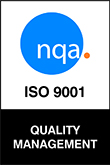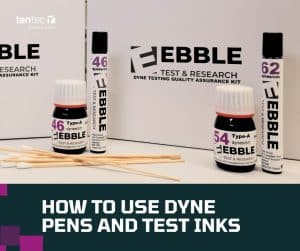
How to use Dyne Pens and Test Inks
Read this to find out the official way to get
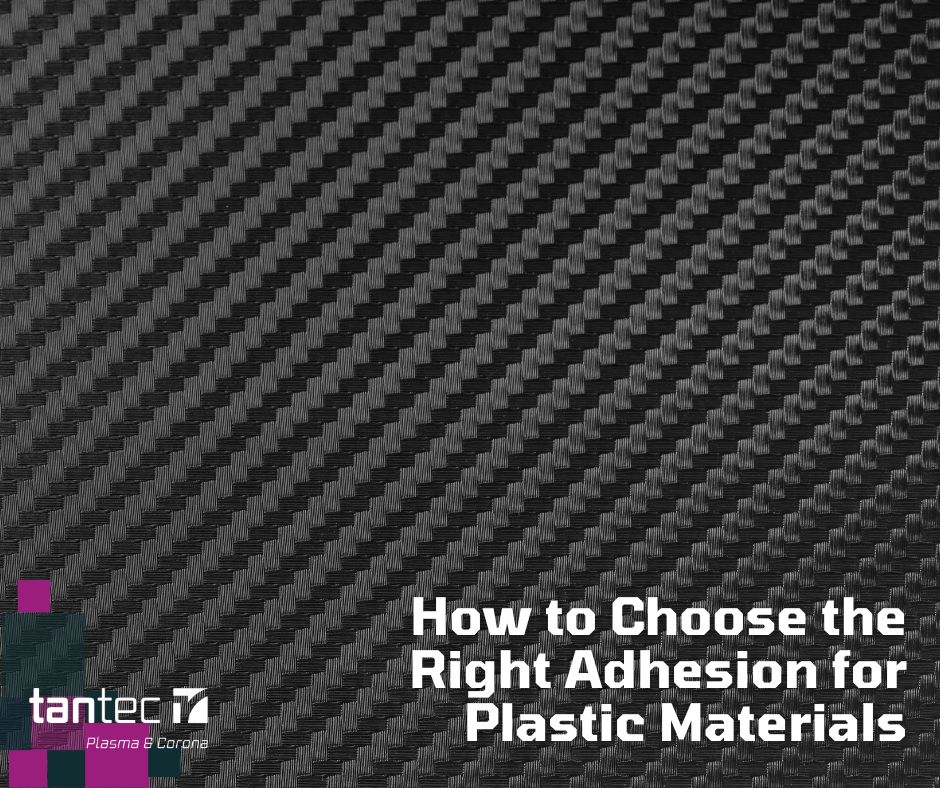
Commonly used plastic materials such as polypropylene have a low Surface Energy which essentially are non stick in nature. Nylon and PVC have slightly higher surface energy, but still lower than surface treated materials.
This lack of surface energy reduces the way the material can interact with materials such as glues, inks or coatings. Low surface energy makes it difficult for liquids to wet the surface and form a strong bond. A similar thing happens with tapes, labels and other self adhesives.
There are several tricks and tips for adhesion, some of which are suitable for smaller projects like prototyping and using small primer applicators.
Others are more appropriate for larger full-scale manufacturing using high-end plasma and corona treatment systems.
| Technique | What is it? | When and when not to use | Costs |
| Abrasion | Rubbing a surface down with sandpaper or some kind of abrasive. | If your material has a loose surface, such as rust, then abrasion is sensible to get to the good material underneath. With a lot of polymers, the surface underneath isn’t any better. Abrading on materials like nylon may give some results. As a cheap and quick options, it’s often worth trying for smaller volume projects. | £ |
| Cleaning | Washing the part with solvents or water to remove contamination from the part | When a surface is old, or dirty, it can make a difference to give the part a thorough clean. This can make a big difference when cleaning using solvents such as MEK. The two main problems can be solvents flashing off, which is bad for health and the environment, and also if the material under the contamination is also bad quality, you won’t be getting to the elusive good surface you need. | £ |
| Primers | A chemical that bonds well, or eats in to a surface and provides a chemically active finish. | Brushed or sprayed primers can range from cheap, quick and easy DIY versions to aggressive and dangerous industrial versions. They can be strong and work really well on a wide variety of materials but can carry serious health risks and be costly to buy, store and dispose of. Good for small volume projects, but become increasingly tricky to justify with larger projects. | ££ |
| Chemical Etching | A tank of chemical strong enough to damage the material surface. This damage provides a chemical active finish | Leaving a component in a tank of acid, or other aggressive liquid, can leave you with a surface that’s better for bonding. This is especially good for heavy deposits like oxidation on a metal that needs removing. It’s also good on chemically inert materials like silicone and PTFE. Like primers, the risks can be significant and the costs for storage, use and disposal can be significant. These systems are used on a wide range of projects, but need to be used for the right reasons. | ££££ |
| Flame Treatment | A flame waved over a surface will provide a changed surface using the energy from the flame | Simple gas torches from DIY stores will give some improvement on plastic surfaces, giving an improved surface energy. Controlling the flame so you don’t damage the part is important and although hand burners can be useful, they don’t scale well. Larger systems require much more complex safety and often robot integration. This, coupled with their on-going gas cost makes them less common in the modern factory. | ££££££ |
| Plasma Treatment | An energetic gas, similar to a flame but made using air | Plasma Treatment uses air to create a low temperature, energetic gas. The plasma is made either from a nozzle to aim at the part, or in a chamber where it covers the entire part. Health and safety and repeatability are very high, but costs can be high for purchase. Once installed, operating costs are low. | £££ |
| Corona Treatment | High voltage discharge, create across a surface to activate the surface | Corona treatment is commonly used on flat sheets or web materials like those used to manufacture plastic bags. It is a high speed, low powered technology that when used right is very sensible. It’s usually a very engineered and less versatile system than some so can be costly for small projects but makes sense on larger scale. | £££ |
Other techniques include printable backing ink, thinner inks, aggressive adhesives. These techniques can be costly or have side effects.
Tantec UK and Ebble Manufacturing have two distinct ways to help:
Tantec manufactures plasma and corona surface treatment systems for a wide variety of industrial production lines. Our systems range from simple stand-alone units to large, fully automated, high-speed lines. We have been manufacturing this equipment since 1974, and it is used in almost every industry, but mostly by medical device, automotive, packaging, consumer goods, and building product manufacturers.
These systems improve adhesion for ink on to plastic syringes for use in hospitals, leather and fabrics on to plastic interior parts for cars, window and glazing sealing for sky scrapers and print for undersea pipes and cables to name just a few applications.
Buying and running your own machine is usually the best way to work with us. However there are projects that don’t justify investment in equipment. Ebble Manufacturing offers contract treatment and processing of parts from our Worcestershire factory.
Ebble uses Tantec’s treatment systems to process a wide range of parts, from vacuum plasma to roll to roll. This gives companies the flexibility to use us for small scale production. They can try us before buying their own systems or simply have a trusted and knowledgeable partner in the world of surface treatment.
Feel free to speak with us if you’re unsure, we’re happy to offer suggestions. Getting the right solution to your problem might be as easy as going to your local DIY shop. Or it might need something more industrial like our solutions.
For prototyping and small volume, there are a number of low tech options. Design parts with scaling up in mind and send them for contract treatment at Ebble Manufacturing?
Older technologies may have worked for large-scale manufacturing in the past, but they may not be the best option today. Costs, safety, and the environment may rule out chemicals, abrasion, primers.
Tantec UK and Ebble Manufacturing operate from Worcestershire and are happy to take a look at your materials. We offer a free surface energy report and samples of treated materials so you can see what’s best for you.
Visit us with parts and get to know the technology first hand and see the type of equipment available!

Read this to find out the official way to get
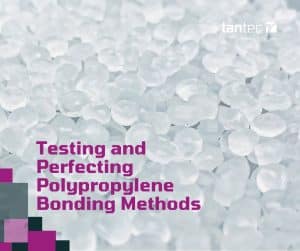
Polypropylene (PP) bonding is traditionally a difficult task due to
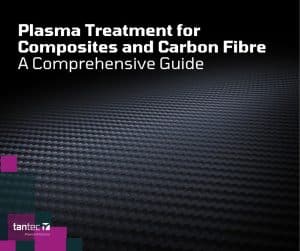
Composites are becoming increasingly important in manufacturing, whether these are
40A Crossgate Road
Park Farm Industrial Estate
Redditch
B98 7SN
Tel: 01527 304 004
Email: info@tantec-uk.com
